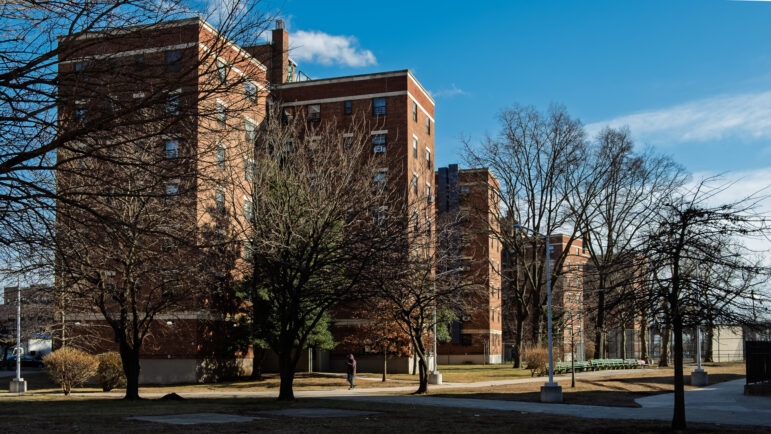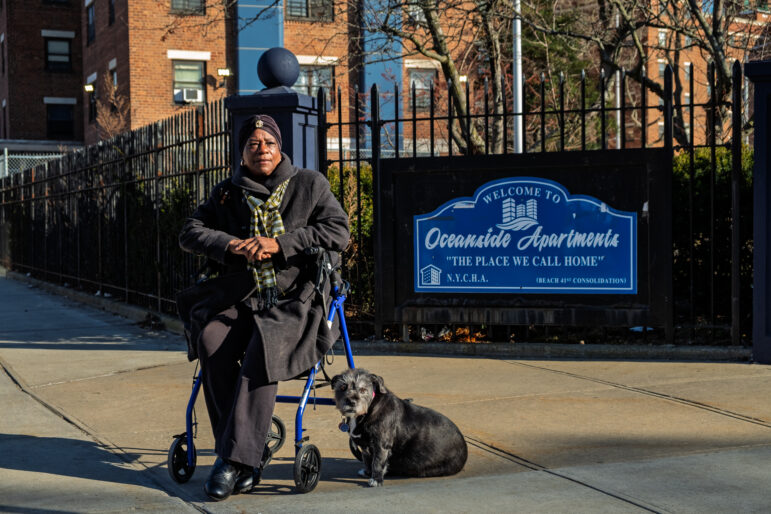The state Department of Environmental Conservation ignored its own regulations by renewing the operating permit of a controversial garbage transfer station in Springfield Gardens, Queens.
Last May, DEC granted a five-year reauthorization to Cross County Recycling despite an unpaid bill of thousands of dollars to the department, pending and uncorrected violations, and an ongoing investigation into corruption by the city’s Business Integrity Commission.
A review of documents obtained under freedom of information laws further uncovered that the DEC’s oversight of Cross County was so lax that the station operated for long periods of time with no state permit at all–in one instance, for seven years.
The revelations outraged local residents and elected officials who have repeatedly pressed the agency to improve Cross County’s compliance.
“Cross County is a persistent violator, and instead of finding ways for them to expand or renew, we should be trying to shut them down,” said Assemblymember William Scarborough (D-St. Albans). “But the DEC is just looking the other way, and letting this go on.”
In business since 1976, Cross County has been the subject of intense scrutiny over the past several years, after changes in the waste industry sent increasing amounts of putrescible waste to the imposing, taupe brick warehouse.
The city has ticketed the station no fewer than 30 times over the last four years for foul odors, liquids seeping into the street, poor drainage and uncleanliness. In addition, the DEC found it operating outside authorized hours on five different occasions in the last two years.
The Sanitation Department padlocked the station last September, until Cross County cleared its bill of $136,000 to the city and $50,500 to the DEC. But that kind of aggressive tactic stands in contrast to administrative decisions at DEC’s Long Island City bureau. When regional permit administrator John Cryan inked the new DEC permit in May, Cross County had two DEC violations pending, and hadn’t repaired a hole in the roof that allowed odors to emanate.
Most egregious, advocates say, was the lack of enforcement of Part 360 of the state’s environmental law, which mandates an “automatic” shutdown when companies default on their environmental monitoring accounts. (Under a 1991 state decision, waste transfer stations pick up the tab for DEC’s monitoring.) Cross County has never paid these bills on time—and, in fact, owed $2,230.99 when the DEC gave its blessing.
Attempts to contact Cross County for this story were unsuccessful; Bruce Caputo, attorney for the company, had no comment. DEC spokesman Michael Fraser said the state exercised “prosecutorial discretion” but wouldn’t say why. “Our basic goal is to make sure they operate in a manner that minimizes the impact to the surrounding community, while providing that necessary service.”
But residents like Getrude Gonesh, who heads the local block association, called DEC’s enforcement “lousy and no good” and said she’s asked the state Attorney General to investigate. “All they had to do was follow their own guidelines, but they never did. DEC refuses to work with the community.”








